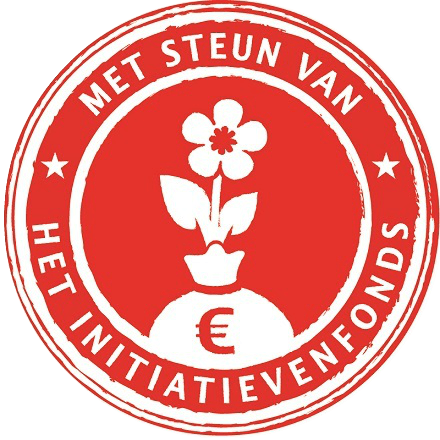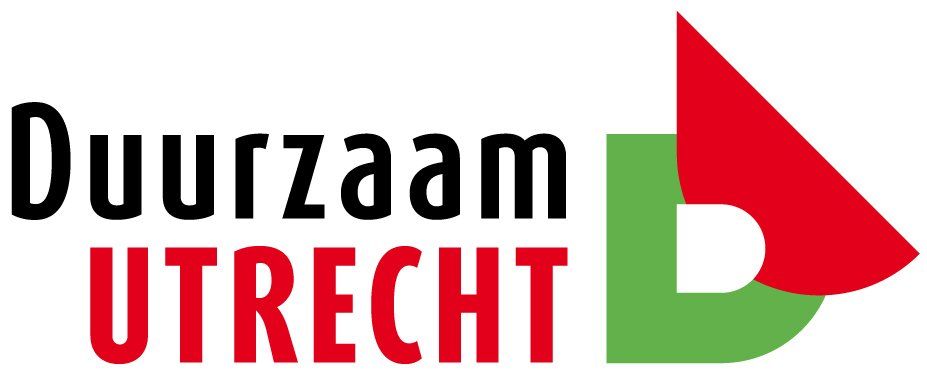Mobility poverty
Mobility wishes of residents
In 2022 we spoke to dozens of Utrecht residents about sustainable and affordable mobility. This small-scale survey showed that not everyone can make sufficient use of the existing range of sustainable transport (walking, cycling, (electric) shared bicycle or car, bus, tram, train).
From September 2023 until January 2024, six students Environmental Science of the HAS University of Applied Sciences in Den Bosch investigated how supply and demand of sustainable transport could be improved for employable people with lower incomes. On 27 November 2023, they discussed their work with participants in the workshop Enable Sustainable Living with a small budget in the Social Impact Factory aan de Gracht. On 15 December 2023, they presented their project to participants in the meeting at the Domkerk.
Read the English translation of their final report here.
Also in 2024, we continue to collect your responses to this survey of mobility wishes in Utrecht. We will also plan meetings in several neighbourhouds, which will be announced in the agenda.
What does the municipality of Utrecht do?
On July 15, 2021, the Utrecht city council adopted the Mobility Plan 2040. Utrecht is growing in population, the expectation is that by 2040 the population of Utrecht will have doubled compared to 2000. At the same time, Utrecht wants to continue to grow within the existing city. That is why Utrecht gives priority to making mobility in the city more sustainable.
The topic 'Mobility poverty' is on the agenda of the Mobility, Green and Public Space committee of the Municipal Council.
What does the Province of Utrecht do?
The province of Utrecht is responsible for regional bus and tram transport. Currently, AOW pensioners from the province of Utrecht can take the bus and tram for free during off-peak hours. Not everyone with a low income can make use of this.
More information: ineke@duurzaamutrecht2030.nl
Sustainable and affordable mobility in Utrecht
The municipality of Utrecht has the ambition to be climate neutral and sustainable by 2030. To meet this challenge, the cooperation of all citizens to the extent they are able to do so is necessary. The municipality encourages people to make their homes or cars more sustainable through various schemes. One in seven Utrecht households earns up to 125% of the social minimum. These people often already live sustainably, without a car or flying holidays, but they cannot always claim municipal support.
In Sustainable Utrecht 2030 we ask people with a limited budget how they want to live sustainably, and develop matching innovative combinations of sustainable and affordable products, services and municipal schemes. Between September 2023 and January 2024, Environmental Science students at HAS University of Applied Sciences will study
This research question:
To what extent can people with a limited budget participate in sustainable mobility? How can supply and demand be better matched? Which product can be developed or better tailored to the target group? Map the range of sustainable mobility in Utrecht and the surrounding area, where the municipality and transport companies are important. And identify the needs of people with limited means through interviews or surveys.
Who we are
What we do
Take action
Contact
Contact details
Address: p/a EthicSchool, PO Box 455, 3500 AL Utrecht
E-mail address: ineke@duurzaamutrecht2030.nl




